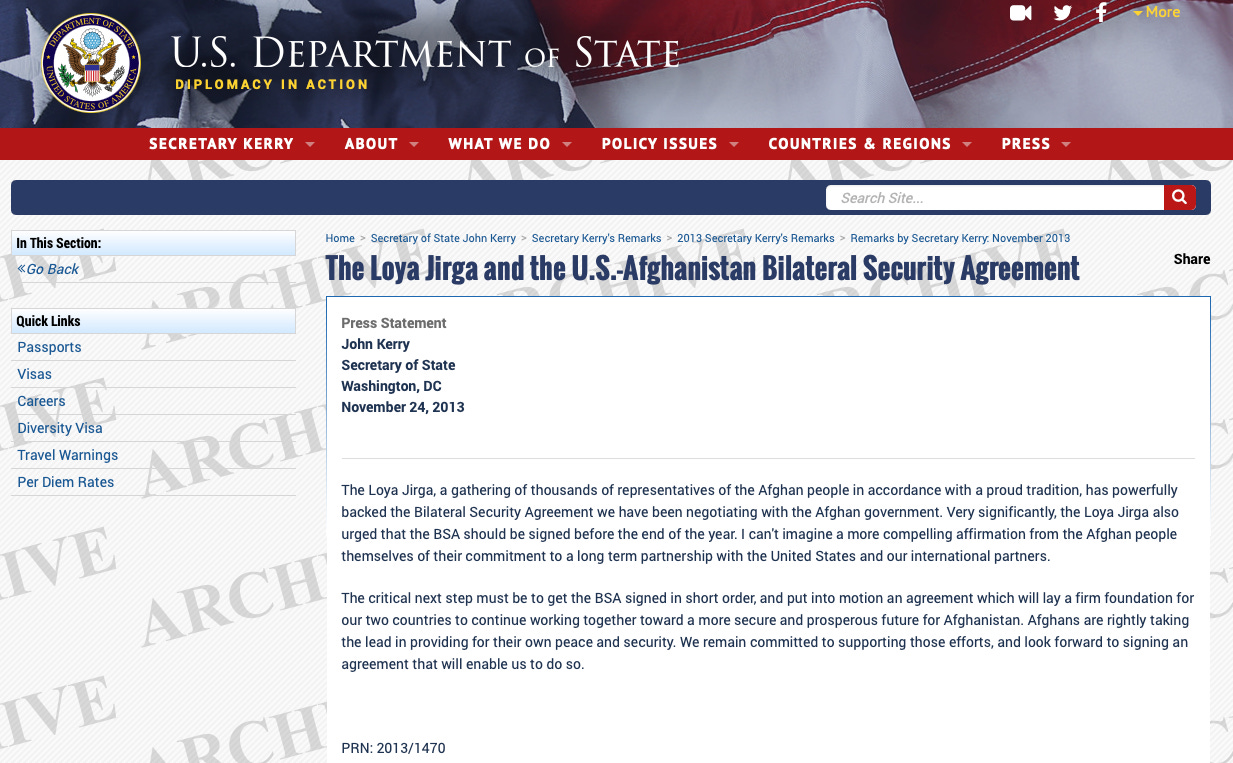Very well presented. Every quote was awesome and thanks for sharing the content. Keep sharing and keep motivating others.
Written By B.J. Dichter, Posted on July 21, 2025

Government has three primary functions. It should provide for military defense of the nation. It should enforce contracts between individuals. It should protect citizens from crimes against themselves or their property. – Milton Friedman
I begin this article with a quote from Milton Friedman as a reminder of the most basic philosophical principles of small-government libertarian principles too many have forgotten. As the libertarian movement faces increasing attack vectors from collectivist cultures employing political entryism, it is more important than ever to reassert what libertarianism truly stands for: freedom, free markets, and the defence of individual and property rights.
Currently in Iraq, Shia militias are stealing the homes and personal property of Assyrians, Chaldeans, and other Christian sects. These communities remain trapped in Iraq, unable to leave under threat of civil forfeiture. If and when they are able to travel outside their cities, the government fabricates fraudulent documents to quickly transfer property ownership to a Shia or Sunni Muslim. Welcome to the Middle East in 2025. As bad as it was in the past, this year has seen catastrophic changes, especially as the Trump administration, along with other international leaders, legitimised an Al Qaeda extremist and ape in a suit as the official leader of Syria.
Many in Eastern societies, still emotionally scarred by Vietnam and Iraq, have drifted into a reflexive and absolute anti-war posture. However, as I argued in my earlier piece, America Alone Is Not America First, excessive isolationism leads to chaos for everyone, including America.
None of us are fans of authoritarian government, and we are infuriated by the lack of accountability, and let’s be frank, the absence of harsh punishment for those responsible for weaponising government. Government structures are merely systems. Democracy is one such system, but it is the people within it who operate these systems who amplify the flaws and exploit the loopholes.
Yes, the wars in Afghanistan and Iraq cost American and other Western nation taxpayers hundreds of billions of dollars and as any serious economist will tell you: there are no certainties in life, only trade-offs. We often focus on the cost of engagement, while ignoring the cost of inaction which can be far more economically devastating to the global economy, and can allow authoritarian philosophies hostile to liberty to spread like wildfire.
The U.S. war in Afghanistan (2001–2021) began in response to 9/11, with the goal of dismantling al-Qaeda and removing the Taliban. Over time, it evolved into a nation-building and counterinsurgency success story, one that is rarely amplified. Legacy media continues to push the narrative that the war was a failure, and many of you reading this probably agree. The reality, however, is quite different.
The U.S. mission in Afghanistan was ultimately undermined by a series of critical policy failures after the initial success. The refusal to reconcile with the Taliban after their initial surrender (mirroring the disastrous Ba’athist purge in Iraq); allowing Pakistan to harbour and support Taliban forces for two decades; and sidelining the Afghan government during the Trump-era Doha negotiations. President Biden’s confrontational stance with President Karzai, combined with the full withdrawal, despite military advice to maintain 3,500–5,000 troops further destabilized the region. In stark contrast, the 2013 Loya Jirga (Pashto for “grand council”a traditional Afghan assembly) saw nearly 2,500 Afghan tribal leaders unanimously vote to keep U.S. forces in the country, marking a rare historical endorsement of foreign presence. Read the last scentence again, you’ve likely never heard this before due to legacy media lies by omission.

Economically, Afghanistan’s estimated $1–3 trillion in untapped rare earth resources could have been developed through U.S.-Afghan partnerships due to the aforementioned Loya Jirga. With the Taliban’s return, however, Chinese firms are now exploiting these assets under Taliban protection squandering both strategic and economic opportunities comparable to what the U.S. achieved in post-war South Korea.
When the Biden administration abruptly pulled out in 2021, the result was catastrophic: the Afghan government collapsed overnight, the Taliban returned to power, and American credibility among allies suffered a severe blow. Nation-building in Afghanistan had been a success, one that was later sabotaged by “The Big Guy,” Joe Biden, and who many now mockingly call the Peto Pete administration in referenced to Hunter Biden inexplicably referring to his father as Peto Pete in private text messages.

The withdrawal triggered a humanitarian crisis, abandoned countless Afghan allies, and emboldened terrorist groups globally. It also exposed a deeper danger: when America disengages, power doesn’t disappear the vacuum gets filled by those who restrict freedom and thrive on centralized, theocratic authoritarian control.
This past week, the Druze, a tiny ethnic and religious minority scattered across Syria, Lebanon, and Israel—have been targeted for genocide by an estimated 50,000 to 100,000 Al Qaeda–led jihadist mercenaries, echoing the ISIS-led slaughter of the Yazidis in the 2014 Sinjar Massacre in Iraq.
Al Qaeda is just one of many “Death to America” religious fanatic groups in the region, now led by formerly wanted terrorist Abu Mohammad al-Julani. Thanks to international leaders, including the Trump administration, he is now seen as the de facto ruler of parts of Syria. After only seven months, this once globally hunted jihadist is orchestrating a barbaric campaign that mirrors the past atrocities against Yazidis and Kurds.
The fantasy of foreign policy framing, that “everyone wants a business deal” and that radical Islamists could somehow be coaxed into becoming reliable partners has led directly to catastrophe and the looming genocide of the Druze and why the west is suffering catastrophic political entryism. If the Syrian Al Qaeda gang led by Julani is successful, it is probable that the Kurds in the north will be the next group targeted for extermination. This is an ancient playbook that reveals why Christians have been ethnically cleansed throughout the Middle East and in parts of Eastern Europe.
This is a reminder: in the Middle East, religious fanaticism dominates, and might makes right. Ignoring your enemies doesn’t make them go away it signals weakness, and to them, weakness means you deserve to be destroyed. These are not free-market capitalists. They are the same religious fanatics now protesting on Western university campuses something many of your children are regularly exposed to on campus.
I didn’t grow up learning to cower before bullies. I learned early on to punch them in the face and break their nose so they would never try again. That’s how the Middle East works. It is not a liberal, rules-based order, it is a jungle, and disengagement is an invitation to slaughter. Now you understand why Israel responds to the mass killing of its citizens with overwhelming aggression: because it has no choice. You may not like it, but Israel is not located in Cape Cod or The Hamptons.
Confused Westerners often view each incident be it Afghanistan, Iraq, Syria, the slaughter of the Yezidi, Coptic Christians, Chaldean Christians, or Druze as isolated. They are not. These are all symptoms of a region steeped in collectivist, totalitarian philosophy. These regimes are not like us. They do not share our values. They are driven by religious fanaticism and ideological hostility to freedom, decentralization, open societies, and free markets.
When America and other Western nations step back, those ideologies surge forward and that surge comes with devastating economic costs.
When the United States retreats from its role as global security guarantor, the economic consequences are severe
Then there is the potential for Al Qaeda to realise its long-standing dream of shutting down the global kafir economy. Right now, the expansionary ambitions of these religious fanatics include the annexation of Syria and Lebanon and the establishment of a caliphate. Such a move would likely lead to the closure of major oil export routes through the region. The 1973 oil crisis would look like a warm-up compared to the economic catastrophe this could unleash.
The cost of American engagement is visible and often unpopular, but the cost of disengagement and inaction remains hidden until it explodes in your face.
Disengagement does not create peace. It creates a vacuum for those who aim to destroy the American economy and your very livelihood. Just as freedom is not free, an open and free market must be defended both from internal subversion and serious external threats like those outlined above.
We must reject overly simplistic worldviews and the naïve belief that isolationism is a moral or strategic virtue. Freedom is not defended by retreat; it is secured through deterrence, strength, and the clarity to recognise that not all cultures share our values. The fanatics who dominate much of the Middle East are actively working to destroy them.
From a geopolitical and economic perspective, I am often perplexed by the fringe obsession some in the West have with inaccurately framing the very religious fanatics who wish to destroy us. This often takes the form of an odd fixation on Israel usually from people who know little to nothing about the only Western nation in the region, where over 70% of the population identifies as secular and modern western values are it’s foundation. In a sea of violent religious extremism, there is but one modern country in the Middle East that defends our shared interests despite the conspiracy propaganda that circulates online, often more deceptive than legacy media itself.
There’s an overwhelming amount of outrage over the money spent in Afghanistan and Iraq, some of it justifiable, particularly regarding corruption but rarely is there any understanding of the nuance surrounding success. Let’s assume, for argument’s sake, that the taxpayer money spent to protect global trade and advance Western economic interests was excessive and wasteful. Fine. Then what’s the issue with Israel? The West has an ally in the region that advances Western interests and helps safeguard global commerce for a fraction of the cost, a mere five or ten cents on the dollar and without deploying a single American or Western soldier.
Why not see that as a strategic advantage? What rational American would oppose offloading such a massive responsibility, especially when the partner nation shares the same foundational principles of freedom that I referenced at the beginning of this article? As one famous libertarian economist put it:
Israel fulfills the ideal of Jewish self-determination, demonstrating both strength and ingenuity as a free society. – Milton Friedman
Why are so many in the West not aligning with a philosophy that seeks to expand the values of Western self-determination specially when a small country the size of El Salvador already has done it? How is it that we find self-proclaimed economic libertarians parroting the narratives of centralised religious fanatics? Either we are for freedom, or we are not. If you are pro-freedom, then by definition you must be opposed to authoritarianism in all its forms.
If you supported the plight of the Canadian truckers against Western authoritarianism led by the Trudeau government, then you should be equally supportive of the Druze in Syria, who are simply fighting to stay alive. If not for a moral reason at least for an economic one.
Author Honking For Freedom, Podcaster, Speaker, Trucker #FreedomConvoy Spokesperson. #Bitcoin http://HonkingForFreedom.com | http://BenjaminJDichter.com
Very well presented. Every quote was awesome and thanks for sharing the content. Keep sharing and keep motivating others.